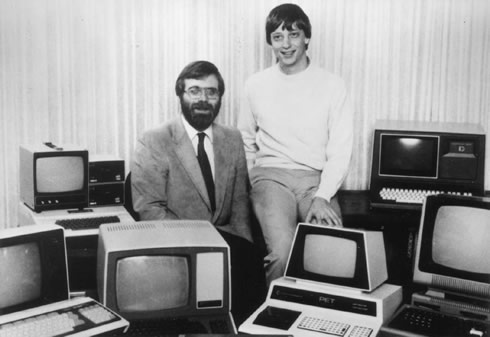In his great book, The Hard Thing About Hard Things, Ben Horowitz talked about being a “Wartime CEO”. It was the first-time I had ever heard that expression but it resonated powerfully. Reading that book was akin to drinking a double espresso at 10pm. I did not put it down until the wee hours of the morning. It is now “required” reading for all my students. So what’s the difference between a peace-time and a war-time CEO of a startup? Every startup is rife with incredibly trying experiences after all. My understanding of what Ben means by the term “wartime CEO” is a CEO who is running the company when all hell breaks loose- not for a few weeks- but for months- even years on end. It means you’re living on the knife’s edge between survival and death for long periods. It is evident that Ben’s difficult experiences at Loudcloud/Opsware indelibly shaped his mentality and approach to startup life. He’s the unique combination of someone who has both a kind and gentle demeanor and the courage to do whatever is necessary to pull a company back from the abyss.
He says that "peacetime in business means those times when a company has a large advantage over the competition in its core market, and its market is growing" and gives the example of the Eric Schmidt era at Google. Ben added that at Loudcloud he was probably "a peacetime CEO for three days and wartime CEO for eight years"!
Upon reflection it occurred to me that you don’t choose what kind of CEO you’re going to be. Circumstances dictate what goes down in your entrepreneurial life and you need to play the hand that you’re dealt. It’s how you play that hand that ultimately defines you as a startup CEO.
I too was forced by circumstance to become a “war-time” founder in my first startup. I was young and naive about so many things. There were no blogs and “startup communities” back then to go to for advice and support. We were expanding and opening our healthcare facilities in states up and down the east coast. In one state, however, BCBS & Medicare pulled the rug out from under us just months after providing written assurances that they were going to cover our treatment. I’ve written about this before here.
This was the equivalent of walking into a bar with a smile on your face to meet up with friends and suddenly getting cold-cocked by a massive punch. That blow immediately put our existence in jeopardy. People’s livelihoods were at stake- people I had hired- people who in some cases had moved across the country to make this happen. Long-term leases had been signed with personal guarantees to banks. If this facility blew up we were screwed in more ways than one. This decision, by an influential insurer with many tentacles, could have spread to other geographies and other insurance companies. We could not allow this precedent to stand.
It took us two years of jungle warfare to come back from that blow. In the meantime the survival of that facility hung over our heads like a black cloud. For those 24 months, tough and brutal decisions were the only decisions that presented themselves. There was no respite; there were no “breathers”. It was an ugly and scarring zero-sum-game. Ultimately we fought our way back and won but the personal and psychic cost was immense.
This experience (and others) deeply shaped my mindset forever. It molded me as an entrepreneur, as an investor, as a teacher and as a coach to many.
As an investor now, I’m always on the lookout for entrepreneurs “on a mission” who have the courage to face outrageous and unexpected challenges- people who have no quit in them.
As a coach and teacher- I’m giving out smelling salts early. I want folks to know what they’ve signed up for and to expect the unexpected.















![Reblog this post [with Zemanta]](http://img.zemanta.com/reblog_e.png?x-id=39227201-051d-46aa-b614-b92cff685b5c)

![Reblog this post [with Zemanta]](http://img.zemanta.com/reblog_e.png?x-id=6c6beb76-b8ec-4e98-b4be-37534ab4585c)

![Reblog this post [with Zemanta]](http://img.zemanta.com/reblog_e.png?x-id=88dcb958-3446-44cc-8706-65f540dc5cdf)